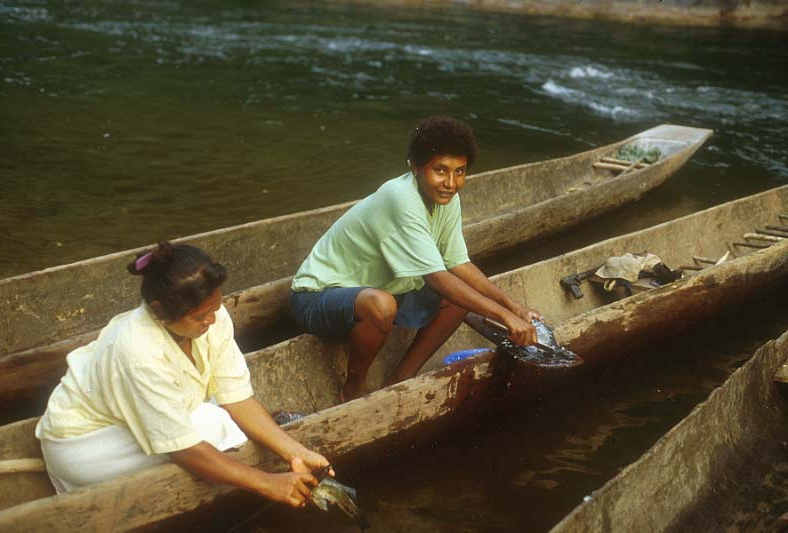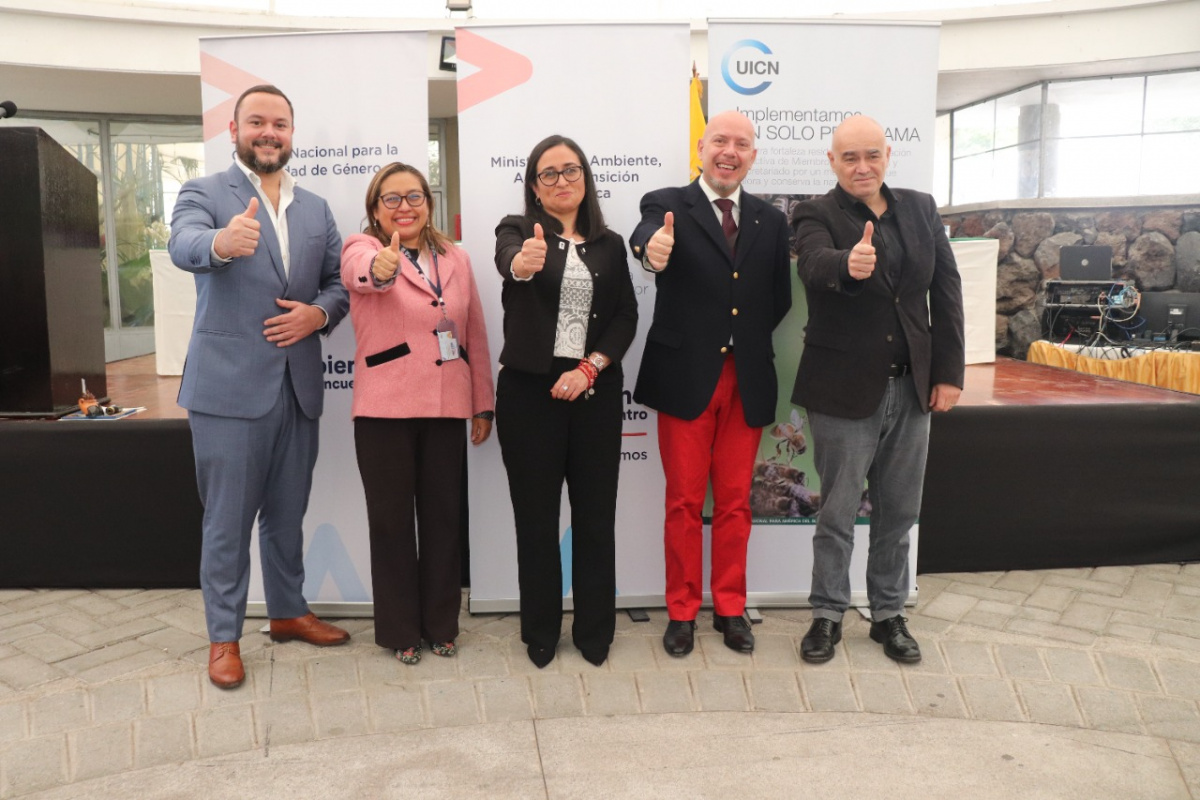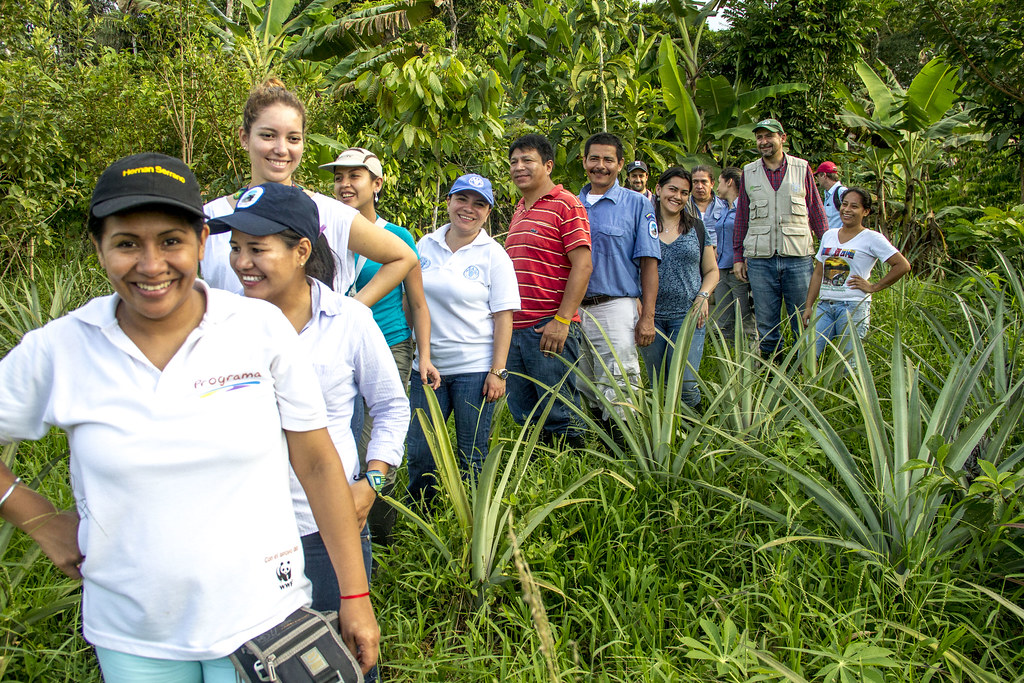IUCN makes the difference in the Commission on the Status of Women
52 Session of the UN Commission on the Status of Women (CSW) and Climate Change recognizes the topic of gender and climate change as an important gender issue. Experts argued that practical solutions to the escalating global warming crisis hinge on women's participation in all aspects of the climate change debate, including mitigation and adaptation strategies.

Photo: Eric Hidalgo
In a historical and unprecedented event, during the 52 Session of the Commission on the Status of Women, the topic of gender and climate change was address as an important emerging issue.
With women making up the majority of the poor in developing countries and in communities that are highly dependent on natural resources, experts participating in the work of the Commission on the Status of Women today argued that practical solutions to the escalating global warming crisis hinge on women's participation in all aspects of the climate change debate, including mitigation and adaptation.
During a lively interactive discussion on "gender perspectives on climate change", the emerging issue the Commission had chosen to consider during its current session, a diverse panel of experts cited numerous studies showing that global warming was not a gender-neutral process. When natural disasters struck or severe weather changes occurred, they affected men and women differently, because, in most cases, their roles and responsibilities were based on inequalities.
To make matters worse, women were also underrepresented in decision-making about climate change and, most critically, in discussions and decisions about adaptation and mitigation, and disaster risk management. The panel called on Governments -- and the members of the Commission -- to empower women to participate in planning and decision-making, especially towards the development and implementation of gender-sensitive policies and programmes.
"When women's rights are not protected, more women than men will die from disasters," said Lorena Aguilar, Senior Adviser to the World Conservation Union, who decried the fact that the climate change debate had mostly been "gender blind". But women were powerful agents for change and their leadership should be considered one of the priorities in adaptation and risk reduction strategies. "The issue of climate change is too important to ignore the voice of half the world's population," she added.
Further, given that gender equality was a prerequisite for sustainable development and poverty reduction, the inequalities that were magnified by climate change slowed progress towards those goals as well.
Therefore, she called for, broader support for the development of a gender strategy or plan of action within the United Nations Framework Convention on Climate Change, and the establishment of a system for Governments to use gender-sensitive indicators and criteria when they reported to the Convention's Secretariat.
For a complete description of the event please log to http://www.un.org/News/Press/docs/2008/wom1669.doc.htm



